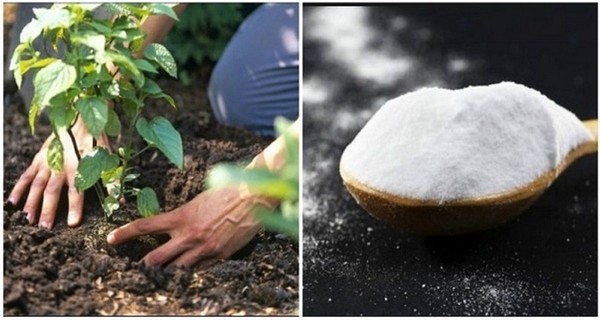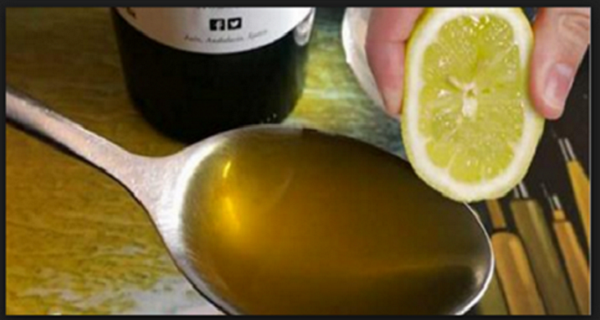Ad Blocker Detected
Our website is made possible by displaying online advertisements to our visitors. Please consider supporting us by disabling your ad blocker.
19. Let Neem Protect Your Plants from Pests
For an effective natural solution against pests, turn to neem oil. Derived from the seeds of the Neem tree, neem oil acts as a repellent and preventive measure rather than a contact poison. It disrupts the feeding and development processes of insects, rendering them unable to multiply. To create a neem spray, mix a few drops of any detergent with a teaspoonful of neem oil in a quart of warm water. Shake the mixture well and liberally spray it on the foliage, thoroughly wetting the plant and the surrounding soil. Use the spray within 8 hours of preparation and repeat the application weekly.
20. Bring in Beneficial Insects to Control Pests
To keep pest populations in check, introduce natural enemies to your garden. Ladybug beetles and Lacewings, available for purchase at garden supply stores or online, are excellent aphid eaters. Additionally, grow plants such as clover, yarrow, mint, and fennel, which attract these beneficial insects.
21. Use Cola as Insect Traps
Next time you enjoy a bottle of cola, save some to create an insect trap. Hang the cola bottles from fruit trees plagued by insect pests. Insects are lured into the bottle by the sweet liquid and eventually meet their demise. Sugar syrup and molasses, with or without borax, can also serve as effective traps. However, it’s important to avoid using these traps during the flowering period to prevent harm to pollinators.
22. Control Ants in the Garden with Borax and Honey
While ants themselves may not cause significant damage to your garden, their aphid farms can wreak havoc. Ants cultivate these soft-bodied pests that feed on plant juices and produce honeydew, which ants adore. To control aphids, you must control the ants. Create an organic ant killer by mixing honey and borax to form a paste. Alternatively, sugar syrup or peanut butter can be used. Identify plants infested with aphids and apply the borax paste around the base of their stems. As ants consume the borax, they become dehydrated, potentially carrying some back to their colonies, leading to their destruction.
To fight diseases:
23. Fight fungal diseases with baking soda

Fungal infections are all too common in the garden, but most fungicides are so toxic that you’d be reluctant to use them on your plants, especially vegetables, and houseplants.
Baking soda has many uses in and around the house, including making a relatively inexpensive and non-toxic anti-fungal spray.
It is easy to make and use as and when you see a mildew attack on a tomato or cucumber plant.
In a gallon of warm water, mix one tablespoon of baking soda and use this solution in a sprayer. Soak the entire plant with this solution and allow it to drip down and drench the soil around the plant.
24: Feed your plants some milk
Milk is a nutritious food not just for animals. Plants can benefit from the application of milk every now and then.
Some people are known to inject milk directly into the plant stems. Laura Ingalls describes how this old trick was used to grow a prize-winning pumpkin in Farmer Boy.
The less adventurous can try a foliar spray or root zone soak of diluted milk instead.
Farmers in New Zealand successfully use milk at 20% dilution to combat powdery mildew in Zucchini.
In India, it is used to grow stronger plants and increase yield.
Although milk seems to be beneficial at lower dilutions, it can have adverse effects when used at higher concentrations.
A bad smell from decomposing milk can be a problem, so there should be sufficient intervals between applications to allow its complete breakdown.
25: Bury some pennies in the garden

Not exactly burying treasure but a few coins buried here and there can keep your soil healthy and your plants safe from fungal infections.
Not all coins would work, but only those containing copper.
Copper is a well-known fungicide. The common fungicide Bordeaux mixture is prepared from copper sulfate and lime.
When coins containing copper are buried in the soil, the metal slowly leaches from them, destroying fungal spores in the soil.
By implementing these natural methods, you can ensure the health and vitality of your plants while minimizing the impact of pests and diseases.
[mashshare]

